So, What Exactly is a Gravity Blanket and What Can it Do?
Understanding the Gravity Blanket Phenomenon
In recent years, the Gravity blanket has captured the attention of many, particularly those struggling with insomnia, anxiety, or related conditions. The idea is simple yet alluring: a blanket that promises to provide relief from your troubles. However, reality is often more complex than appealing advertisements suggest.
Initially pitched as a miracle solution for various medical conditions including PTSD and depression, Gravity garnered impressive funding—$3 million through online crowdfunding. This venture ignited hope, but an unexpected turn of events marked a significant shift in public perception, primarily following scrutiny from the FDA and Kickstarter.
The Reality Check
Despite its initial hype, the claims surrounding the Gravity blanket were not backed by robust long-term evidence. The blanket operates on the concept of deep touch pressure stimulation, which mimics the sensation of being hugged and may offer a placebo effect for conditions like anxiety and insomnia. Yet, solid scientific validation remains limited.
The company behind Gravity soon faced backlash for its marketing tactics. It was found to have violated Kickstarter’s policies and FDA guidelines, which prohibit products from being presented as cures. Rather than promoting a medical solution, Gravity had to transition its marketing, rebranding the blanket as a “wellness product.” Instead of claiming to cure ailments, they now suggest it may provide some benefits.
What is a Gravity Blanket?
Conducted under the umbrella of weighted blankets, the Gravity blanket operates on the principle of applying gentle, evenly distributed pressure across the body. This design aims to evoke calming sensations akin to being embraced. Typically, the weight of a gravity blanket is about 10 percent of the user’s total body weight. Custom-made options can be significantly pricier than standard blankets.
Gravity marketed itself as a “premium-grade, therapeutic weighted blanket,” promising relief for emotional and mental health issues. The success of its crowdfunding campaign, which attracted over 15,000 backers, underscored the demand for such products.
The Promises and Pitfalls
The blanket generated substantial interest by playing on the psychological desires of individuals suffering from various conditions. As with any wellness product, the allure of a simpler, cost-effective solution to anxiety and depression is tempting. Gravity’s marketing suggested that its product could replace traditional medical treatments, drawing in consumers seeking relief without hefty medical bills.
However, this approach began to unravel when regulatory bodies stepped in. The FDA emphasized that while wellness products can provide support, they cannot be sold as treatments. A warning issued by Kickstarter about misleading claims compelled Gravity to alter its messaging significantly.
The Science Behind Gravity
While some argue that deep touch pressure stimulation can assist individuals with specific disorders like autism and dementia, research on the effectiveness of weighted blankets for broader psychiatric conditions is scant. Several studies indicate that these blankets alone may not alleviate the symptoms of anxiety or insomnia. Instead, they could complement a healthy lifestyle, though concrete evidence remains elusive.
The complex nature of mental health disorders leads experts to believe that deeper underlying issues often exist. Consequently, addressing symptoms without tackling root causes rarely leads to lasting improvements. Critics question whether the Gravity blanket is even targeting the right audience for effective use.
Conclusion: Making an Informed Decision
While the Gravity blanket may provide a sense of coziness and comfort, it’s crucial to approach these wellness products with a discerning eye. You don’t have to splurge on a high-priced option to experience the benefits of weighted blankets; more affordable alternatives are widely available.
If you’re curious to explore the comfort of a gravity blanket for yourself, feel free to give it a try. However, approach it as one tool in your self-care arsenal rather than a panacea for serious health issues. At the end of the day, no blanket can substitute for professional medical advice or treatment. Always use your best judgment and consult with healthcare providers when considering options for managing mental health.



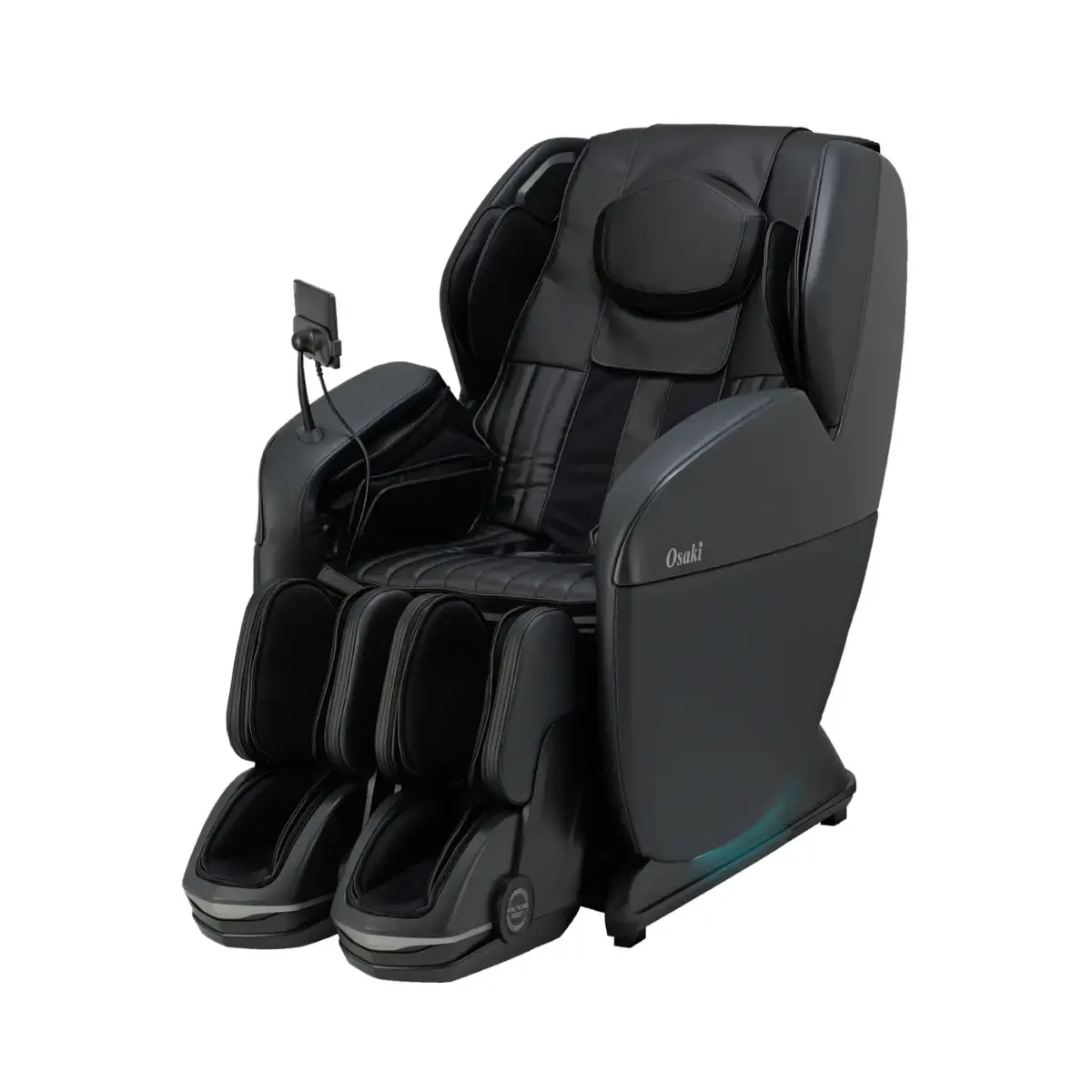
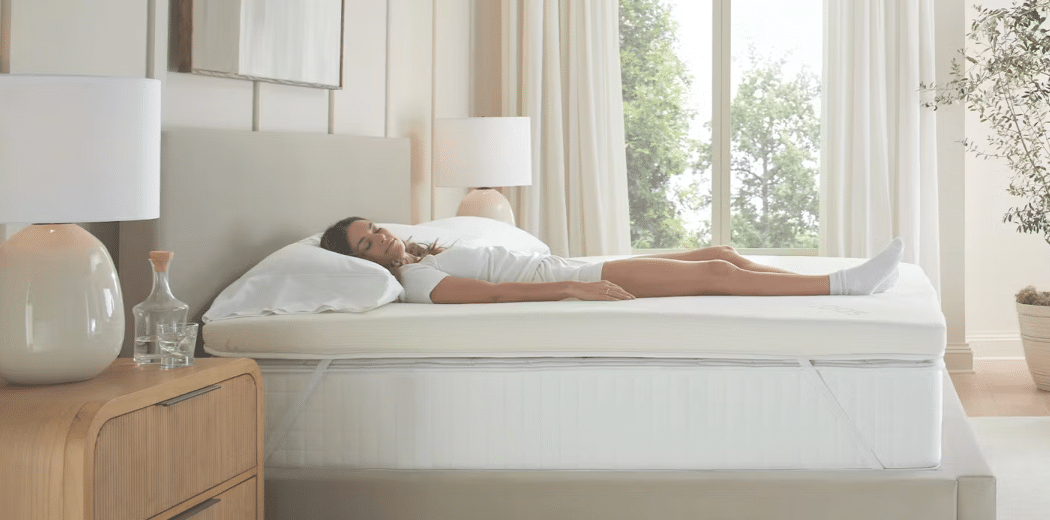
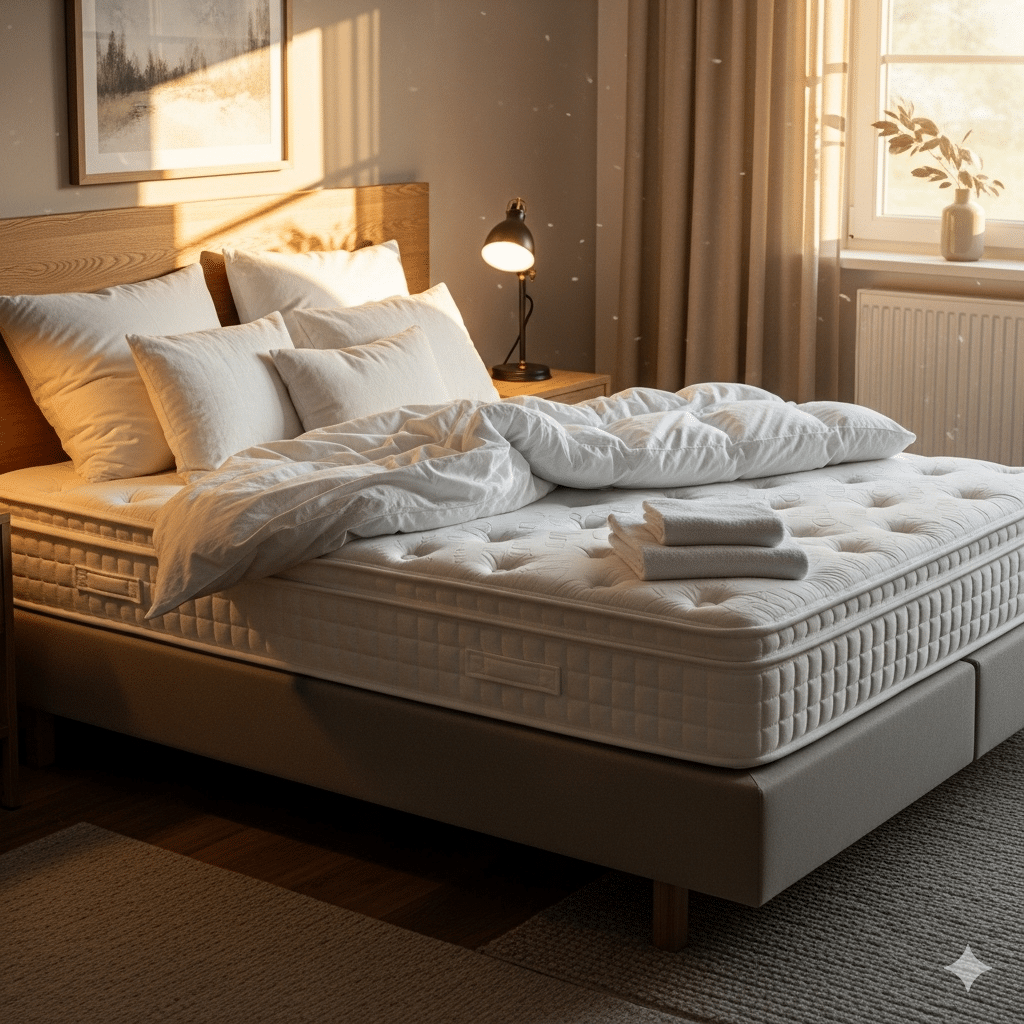

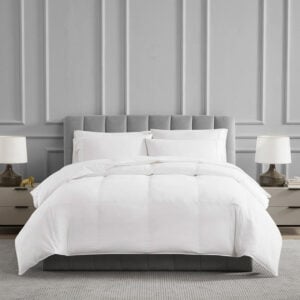
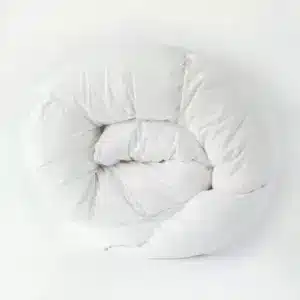
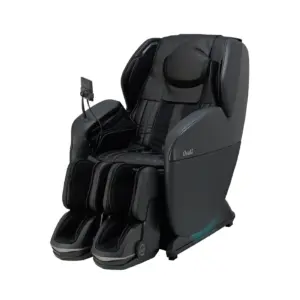

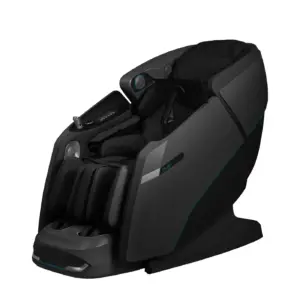
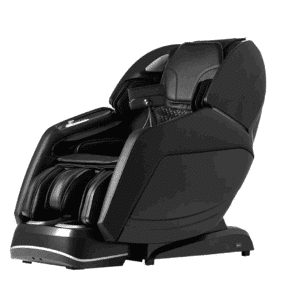
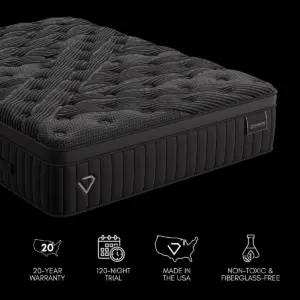
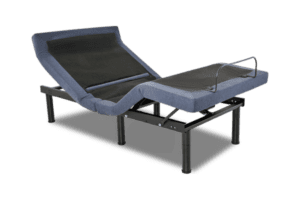
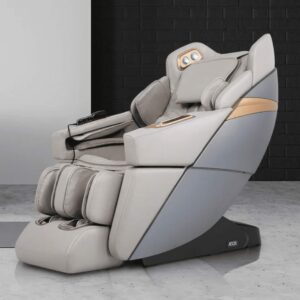
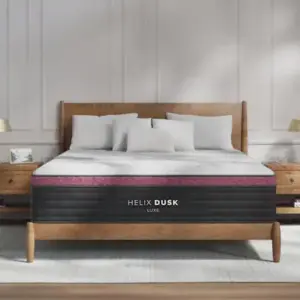
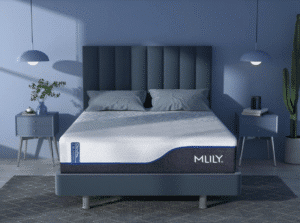
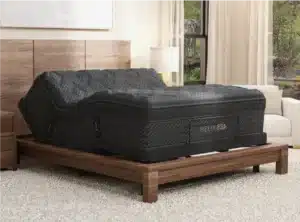

1 thought on “Gravity Blanket: Risky Miracle or Must-Have Wellness Tool?”
I have found as I get older and colder at night with all my issues this blanket works wonders. I haven’t been able to sleep well and/or flat in a bed so I am currently in a chair. I have found that the blanket helps get a decent night’s sleep and a sound one at that. I believe that this is the answer for anyone in need of comfort. Hint hint.